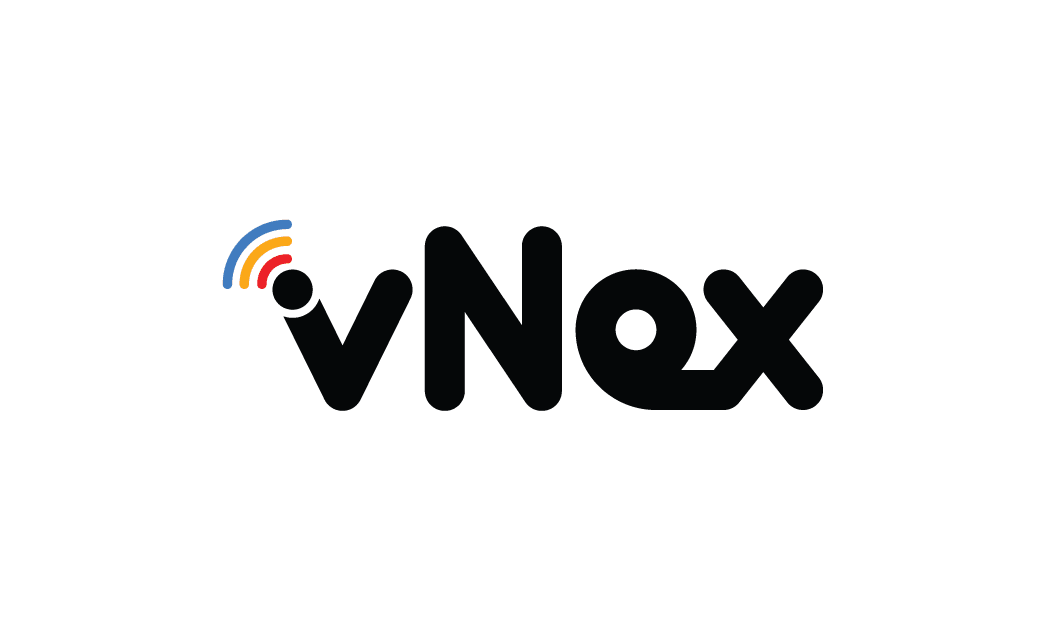Smart home technology is transforming the way we live by making homes more convenient, secure, and energy-efficient. As the Internet of Things (IoT) continues to evolve, it is becoming increasingly integrated into the real estate industry. Homebuyers and investors now seek properties with smart features, recognizing the value these technologies bring in terms of functionality and future-proofing. This article explores the impact of smart home technology on property values, market trends, case studies, challenges, and future opportunities.
Smart Home Features
Smart home technology covers a range of innovations that enhance daily living:
-
- Intelligent Lighting: Homeowners can adjust lighting intensity and color through smartphones or voice commands, optimizing energy use and ambiance.
- Climate Control: Smart thermostats like Nest or Ecobee adapt to user preferences, balancing comfort and energy efficiency.
- Smart Appliances: Devices such as refrigerators that track grocery lists or ovens that preheat remotely add convenience and efficiency.
These features not only improve comfort but also enhance a home’s marketability and appeal.
Impact on Property Value
Smart home features have a proven impact on property value, with many homes equipped with smart technology selling faster and at higher prices than those without. Buyers are willing to pay premiums for properties with enhanced security, energy efficiency, and convenience. Real estate professionals report that smart home features can increase a home’s resale value by up to 5%, making them a wise investment for homeowners looking to boost market appeal.
Energy Efficiency
One of the standout benefits of smart home technology is energy efficiency. IoT-enabled devices, such as smart thermostats, lighting systems, and appliances, optimize energy use by adjusting to patterns of behavior and minimizing waste. These features not only lower utility bills but also support sustainable living, aligning with the growing demand for environmentally conscious homes.
Market Trends
The adoption of smart home technology is rapidly increasing. According to Statista, the global smart home market is projected to grow from $78.3 billion in 2020 to $135.3 billion by 2025, with a compound annual growth rate (CAGR) of 11.6%. As smart technology becomes an expectation rather than a luxury, developers are incorporating these features into new constructions, responding to consumer demand.
Case Studies
Several real estate developers and homeowners have successfully implemented smart home technology:
-
- Lennar Corporation: A leading U.S. homebuilder, Lennar, offers “Everything’s Included” homes featuring integrated smart technology such as Wi-Fi, smart locks, and voice-controlled systems.
- KB Home: Partnering with tech companies, KB Home equips properties with smart appliances, security systems, and energy management solutions.
- Homeowner Example: In Austin, Texas, homeowners John and Jane Doe retrofitted their 1990s home with smart technology, achieving a 20% reduction in energy bills and increasing their home’s market value by approximately 10%.
Challenges and Solutions
Despite its benefits, smart home technology faces several challenges:
-
- High Initial Costs: Smart home systems can be costly to install, though long-term savings on energy and increased property value can offset the initial investment.
- Compatibility Issues: Integrating devices from different manufacturers may lead to compatibility problems. Choosing products that follow common standards can address this challenge.
- Privacy and Security: Data privacy and security concerns are prevalent. Ensuring robust encryption, regular software updates, and educating users on best practices can mitigate risks.
The Future of Smart Homes
The future of smart homes and IoT is promising, with several exciting developments on the horizon:
-
- AI Integration: Artificial Intelligence will enhance the adaptability and intuitiveness of smart home systems, making them more responsive to user needs.
- Advanced Home Automation: Future homes will feature more advanced automation, allowing seamless control of all functions through a single interface.
- Enhanced Interconnectivity: Upcoming IoT devices will be more interoperable and standardized, making integration smoother and more user-friendly.
Conclusion
Smart home technology is revolutionizing the real estate market by offering increased convenience, security, and energy efficiency. As consumer demand for smart features and sustainable living spaces grows, the adoption of IoT in real estate is expected to accelerate. Developers and homeowners who embrace these technologies will stay ahead of the curve, benefiting from enhanced property values and marketability.
Explore vNex’s smart home solutions to learn how we can help you integrate cutting-edge technology into your real estate offerings, ensuring a seamless and future-proof living experience.





















